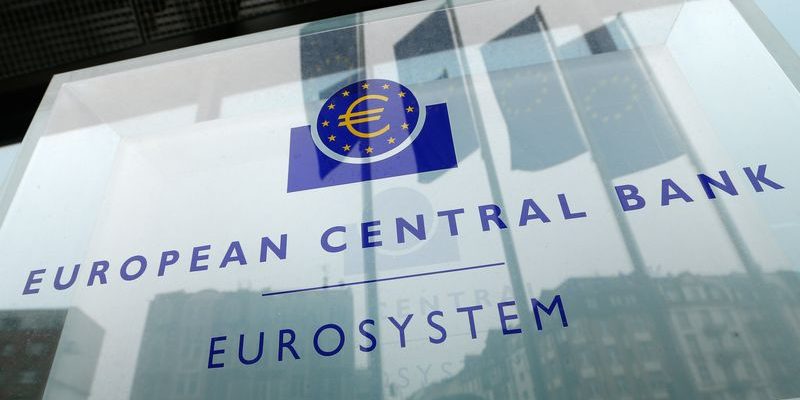FRANKFURT (Reuters) – Consumer inflation expectations in the euro zone were revised down in February, a sign of heightened optimism over slowing prices on top of that over economic growth and unemployment , shows a new survey released by the European Central Bank (ECB) on Tuesday.
The consumer price index in the monetary bloc, calculated according to European standards (HICP), came out in March at 6.9% over one year, its sharpest deceleration since the collection of data for this statistic in 1991. inflation, which should continue to decline in the coming months, is still well above the ECB’s medium-term target of 2%.
According to the ECB’s survey of 14,000 people in the bloc’s six largest countries, median 12-month inflation expectations for consumers in the eurozone fell from 4.9% to 4.6 % in February. That on their expectations in three years fell to 2.4% against 2.5% in January.
The ECB has raised its interest rates by a total of 350 basis points since July and its chief economist, Philip Lane, estimated last month that the cost of credit will have to rise further.
While consumers still expect the economy to contract, despite indicators suggesting the European Union has avoided a recession, they have become somewhat more optimistic about the outlook.
The forecast for the euro zone’s gross domestic product for the next 12 months fell from -1.2% to -0.9%, while that for the unemployment rate for the next 12 months rose from 11.6 % to 11.5%.
When it comes to income growth, however, consumers have become more pessimistic and expect nominal income to increase by 1.2% over the year, compared to a forecast of a 1.3% increase in January.
Real nominal income growth is in the 5% to 6% range and some ECB officials fear that this is inconsistent with a 2% inflation target.
(Report Balazs Koranyi; French version Claude Chendjou, edited by Kate Entringer)
©2023 Thomson Reuters, all rights reserved. Reuters content is the intellectual property of Thomson Reuters or its third party content providers. Any copying, republication or redistribution of Reuters content, including by framing or similar means, is expressly prohibited without the prior written consent of Thomson Reuters. Thomson Reuters shall not be liable for any errors or delays in content, or for any actions taken in reliance thereon. “Reuters” and the Reuters Logo are trademarks of Thomson Reuters and its affiliated companies.
